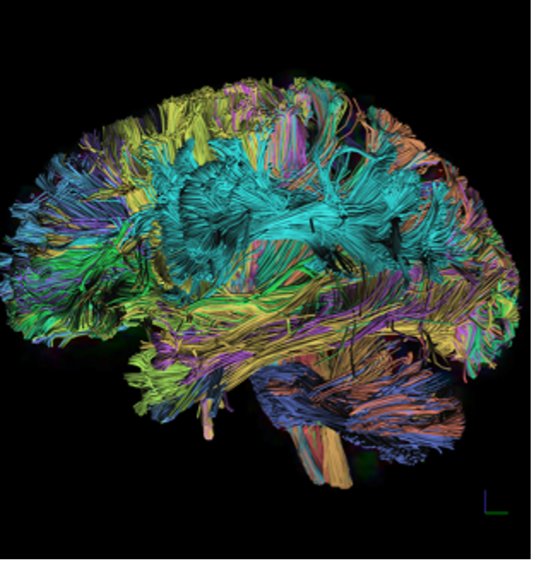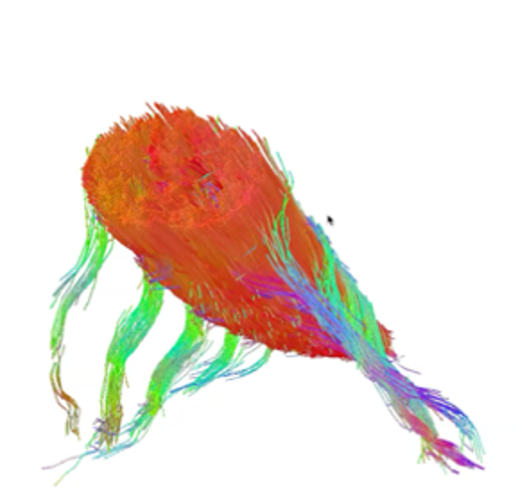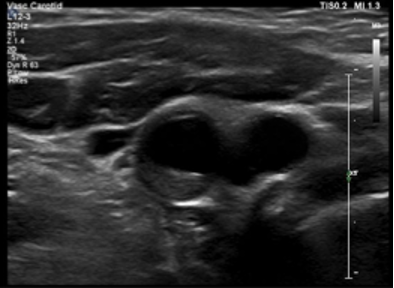Biomedical imaging is a dynamic, evolving field that exploits advances in engineering, computing, physics, chemistry, and other basic sciences to derive uniquely valuable information about tissue composition, structure, physiology and function. BME imaging faculty work across spatial scales, from cells to humans, to develop and apply novel imaging systems and techniques to address basic research and clinical problems. The overall goals of this work include developing new technologies, increasing the quality of images, understanding the biological bases of imaging signals, and developing new preclinical and clinical applications.
valuable information about tissue composition, structure, physiology and function. BME imaging faculty work across spatial scales, from cells to humans, to develop and apply novel imaging systems and techniques to address basic research and clinical problems. The overall goals of this work include developing new technologies, increasing the quality of images, understanding the biological bases of imaging signals, and developing new preclinical and clinical applications.
Areas of major current interest include basic and clinical neuroscience, cancer, and interventional imaging. Imaging faculty are members of the Vanderbilt University Institute of Imaging Science (VUIIS), which is a trans-institutional, interdisciplinary center within Vanderbilt University Medical Center (VUMC), with strong links to various centers and departments across campus, which provides access to  comprehensive facilities for animal and clinical imaging. In particular, trainees enjoy outstanding opportunities to interact closely with clinical and biomedical scientists within VUMC, which is immediately adjacent to VUIIS and the School of Engineering. Optical imaging is also a major focus within the VU Biophotonics Center (VBC), while imaging plays an integral role guiding procedures developed by the Vanderbilt Institute of Surgery and Engineering (VISE).
comprehensive facilities for animal and clinical imaging. In particular, trainees enjoy outstanding opportunities to interact closely with clinical and biomedical scientists within VUMC, which is immediately adjacent to VUIIS and the School of Engineering. Optical imaging is also a major focus within the VU Biophotonics Center (VBC), while imaging plays an integral role guiding procedures developed by the Vanderbilt Institute of Surgery and Engineering (VISE).
BME Core Faculty in Biomedical Imaging
BME Affiliated Faculty in Biomedical Imaging
- Justin Baba
- Charles Caskey
- Rachelle Crescenzi
- Zhaohua Ding
- Yurui Gao
- Kevin Harkins
- Victoria Morgan
- Kristin O’Grady
- Wellington Pham
- Baxter Rogers
- Seth Smith
- Junzhong Xu